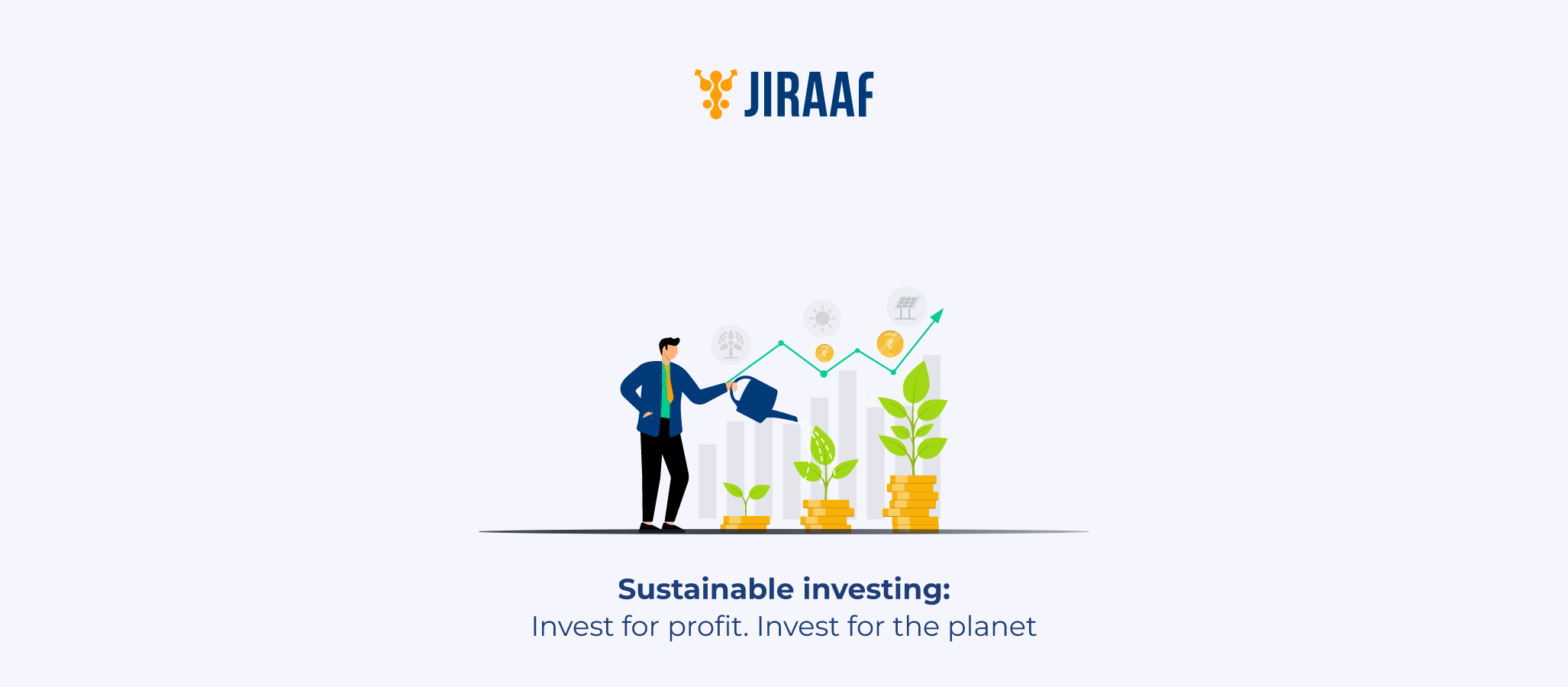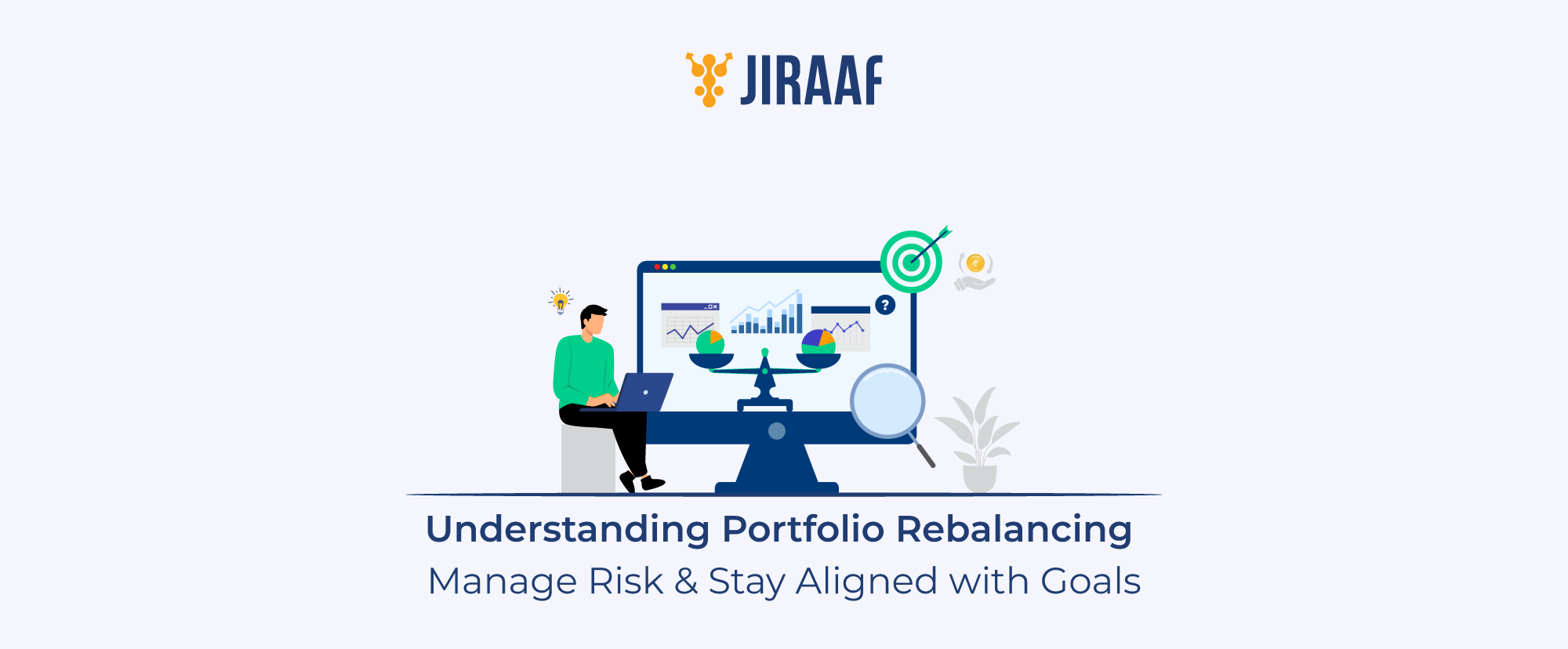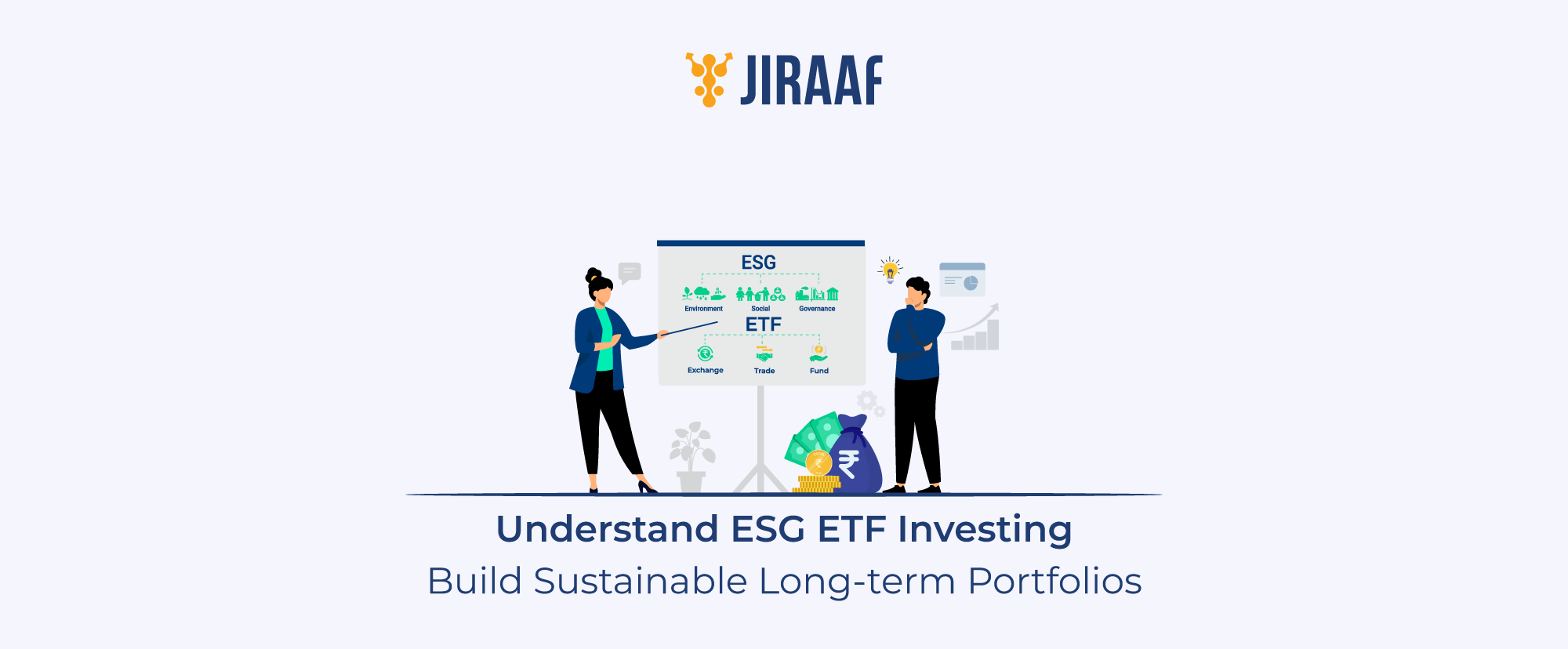An ESG mutual fund is an investment vehicle that invests in businesses that satisfy environmental, social, and governance (ESG) standards. By choosing specific businesses that adhere to ESG criteria, these funds aim to encourage moral and sustainable investing. These industries can include technology, healthcare, and renewable energy. ESG funds can mitigate long-term risks associated with unjustifiable or unsustainable activities while also promoting the integration of investments with environmentally friendly principles. ESG funds are very new to the Indian industry but are already popular with consumers. Nine ESG funds with an AUM (assets under management) of about ₹9,986 crore are now accessible in India.
What is an ESG Fund and What Does It Mean?
ESG funds are those funds that invest in companies that comply with or follow certain ESG standards or parameters to primarily focus on environmental protection and sustainable growth. Let’s break down the ‘ESG’ to help you understand them better.
- E: E stands for Environmental factors; factors like water and energy conservation, waste disposal, and carbon emissions. In essence, a major emphasis on environmental sustainability.
- S: S or Social factors refer to variables revolving around the well-being or social status of the company’s employees. In addition to addressing issues like pay parity, gender equality, and employee welfare, an S-compliant company will consistently make contributions to other significant social causes.
- G: G or Governance factors like corporate governance become a core factor of ESG funds because they place a major emphasis on ethical behaviour, effective whistleblower programs, grievance redressals, regulatory compliance, and robust internal controls against misconduct.
ESG Investing: Principles and Impact
The performance of the different businesses that the mutual fund invests in, influences your returns. Until the ESG movement gained traction or popularity, financial measures were the only factors considered when evaluating a company’s fund performance. However, sustainable practices can also have an impact on it; thus, they need to be considered. For instance, a company’s share price may suffer if it is charged with fraud. A more rigorous corporate governance structure would have prevented this. ESG-compliant businesses improve performance without sacrificing environmental, social, or governance concerns.
ESG funds are quite significant since they offer a detailed understanding of a business’s activities and global influence. ESG is important for the following reasons:
- Sustainability: Sustainable business strategies that help protect resources for future generations are encouraged by environmental, social, and governance factors.
- Risk management: Organizations with robust ESG policies can better manage risks related to environmental laws, social concerns, and governance difficulties.
- Attraction of investors: As a result of increased investment opportunities and possibly higher returns, investors are increasingly looking for businesses that prioritize environmental, social, and governance parameters.
- Reputation: Organizations that report on environmental, social, and governance issues have a better standing, which attracts top talent and helps build customer loyalty. Corporate transparency and risk management for investments depend on ESG data.
ESG Funds in India: Growth and Popularity
One thing to consider before investing in ESG funds is that they are relatively new to the market. Therefore, you might not find too much data to understand their past performance trends and how they endure various market conditions. However, they are rapidly gaining popularity, which is motivated by a few key factors, such as:
- Climate change: By aligning your investment portfolio with international sustainability goals and making investments in green technologies, electric vehicles, and renewable energy, you can contribute to a greener future.
- Regulatory reforms: Top Indian companies are now required by SEBI to disclose sustainability practices (BRSR mandates), which will assist you in making morally sound investment decisions.
- Government policies: With over ₹85 crore being invested in green initiatives like green bonds because of India’s Net Zero by 2070 goal, your ESG investments can increase in line with this enormous trend.
ESG Fund Performance: How Do They Compare?
Here is a list of the top 3 best-performing ESG funds in India for 2025, sorted according to their AUM and returns in the last five years:
| Fund | AUM | 5-year Returns (%) |
| Quantum ESG Best in Class Strategy Fund Direct Growth | ₹104 Cr | 21.52 |
| SBI ESG Exclusionary Strategy Fund Direct Growth | ₹5715 | 21.08 |
| Axis ESG Integration Strategy Fund Direct Growth | ₹1246 | 18.03 |
How to Choose the Right ESG Mutual Fund
You need to consider a few factors before making a final investment decision on which ESG mutual fund works for you in line with your overall financial objectives.
- Define your goals: Do you want to focus on environmental, social, or governance-related issues more? Your focus on ESG can be focused by making your goals clear.
- Stay up to date on investment strategies: Funds use a variety of tactics to fulfil their ESG objectives. Some might emphasize positive screening, actively choosing businesses that have excellent ESG performance. Others might place a greater value on negative screening to weed out businesses in controversial sectors.
- Evaluate any available track records: Although ESG funds might be newer to the market, do your due diligence on any available information, such as past performance, competition, returns, and challenges.
- Cost considerations: Compared to other fund categories, ESG funds are recognized for having higher expense ratios. To be sure you’re cutting expenses, compare the fees related to your fund. Over time, higher costs can even lower your returns.
Risks and Rewards of ESG Investing
Purchasing ESG funds can benefit you in several ways. Here are a few of them:
- Beneficial impact: Since ESG funds invest in businesses that have received high ratings for ESG issues, they can help bring about socially beneficial and environmental changes in the economy.
- Portfolio diversification: Lowers exposure to orthodox risks by investing in businesses after taking governance, social, and environmental characteristics into account.
- Long-Term performance: ESG funds adhere to ESG guidelines and make investments in businesses with strong growth prospects. According to research, businesses with strong ESG policies may have a higher chance of long-term success.
However, there are a few possible risks that you need to understand as well:
- Weak ESG commitment: Organizations may only superficially implement ESG standards, without true internal sustenance, which could result in very average/poor performance.
- Insufficient monitoring: Inadequate surveillance techniques lead to inaccurate ESG result metrics and reporting.
- Inadequate compliance integration: Risk assessments and operational frameworks typically do not incorporate any ESG requirements.
- Greenwashing: The practice of making false claims about sustainability initiatives because of inadequate internal audits.
- Fund manager shortcuts: Some managers compromise the integrity of their funds by avoiding comprehensive ESG due diligence.
ESG vs Traditional Funds: What’s the Difference?
Understanding the key differences between ESG mutual funds and traditional funds, how they work, their risks, and returns is very important. It can help you narrow down and make a clear investment decision. Let’s break these differences down below:
| Characteristic | Equity Funds | Traditional Funds |
| Focus | Invests primarily in stocks or ‘equities’. | Diversified across various asset classes such as stocks, bonds, etc. |
| Risk level | Higher since they have market-linked volatility. | Moderate as they are spread across assets. |
| Returns potential | Higher long-term growth. | Stable, reasonable returns. |
| Expense ratio | 0.5–2.5% (actively managed) or 0.1–0.5% (index). | 1–2.5% (actively managed). |
| Suited for | Long-term wealth creation. | Short-to-medium-term goals. |
Conclusion
ESG funds are ETFs (exchange-traded funds) or thematic mutual funds that take governance, social, and environmental aspects into account when making investment choices. When constructing their portfolios, they use a variety of tactics to integrate ESG considerations. Some actively seek out businesses with good ESG performance through positive screening. Others employ negative screening to weed out businesses engaged in contrary industries, including fossil fuels, tobacco, or weaponry. By supporting businesses that place a high priority on sustainability, social responsibility, and good governance, ESG funds can assist you in matching your investments with your principles. It’s crucial to remember that ESG investment does not ensure great financial returns.
FAQs
What does ESG stand for in ESG funds?
ESG or ‘environmental, social, and governance-linked funds are funds that invest in companies prioritizing environmental, social, or governance-linked goals like renewable energy, community welfare, leadership, fair labor, and water conservation.
How do ESG funds work in India?
According to SEBI’s Business Responsibility and Sustainability Reporting (BRSR) framework, ESG funds make investments in corporations that have sound environmental, social, and governance policies. Fund managers employ positive screening to weed out hazardous industries (like tobacco) and choose sustainable companies (like renewable energy companies). These funds encourage prudent investing while providing market-linked rewards.
Are ESG mutual funds profitable?
ESG mutual funds can produce competitive financial performance when compared to standard funds, according to various research findings and data sources. Businesses with robust ESG policies frequently exhibit increased profitability, less volatility, and stronger long-term economic resilience.
Is ESG investing only for environmental causes?
ESG, as the name suggests, is an investing approach that focuses on investments revolving around environmental, social, and governance-linked causes besides just the financial returns of the investment.
How can I start investing in ESG funds?
An ESG-themed mutual fund scheme can be bought directly from the website of the relevant fund company or through an intermediary broker or investment platform, just like any other mutual fund scheme in India. The investments could be non-demat or dematerialised (demat).
Discover fixed income investments with Jiraaf, a SEBI registered online bonds platform that educates and brings access to a wide array of bonds. Sign up today to explore diversified fixed income investment opportunities to support your goal-based wealth creation journey. Start investing!









